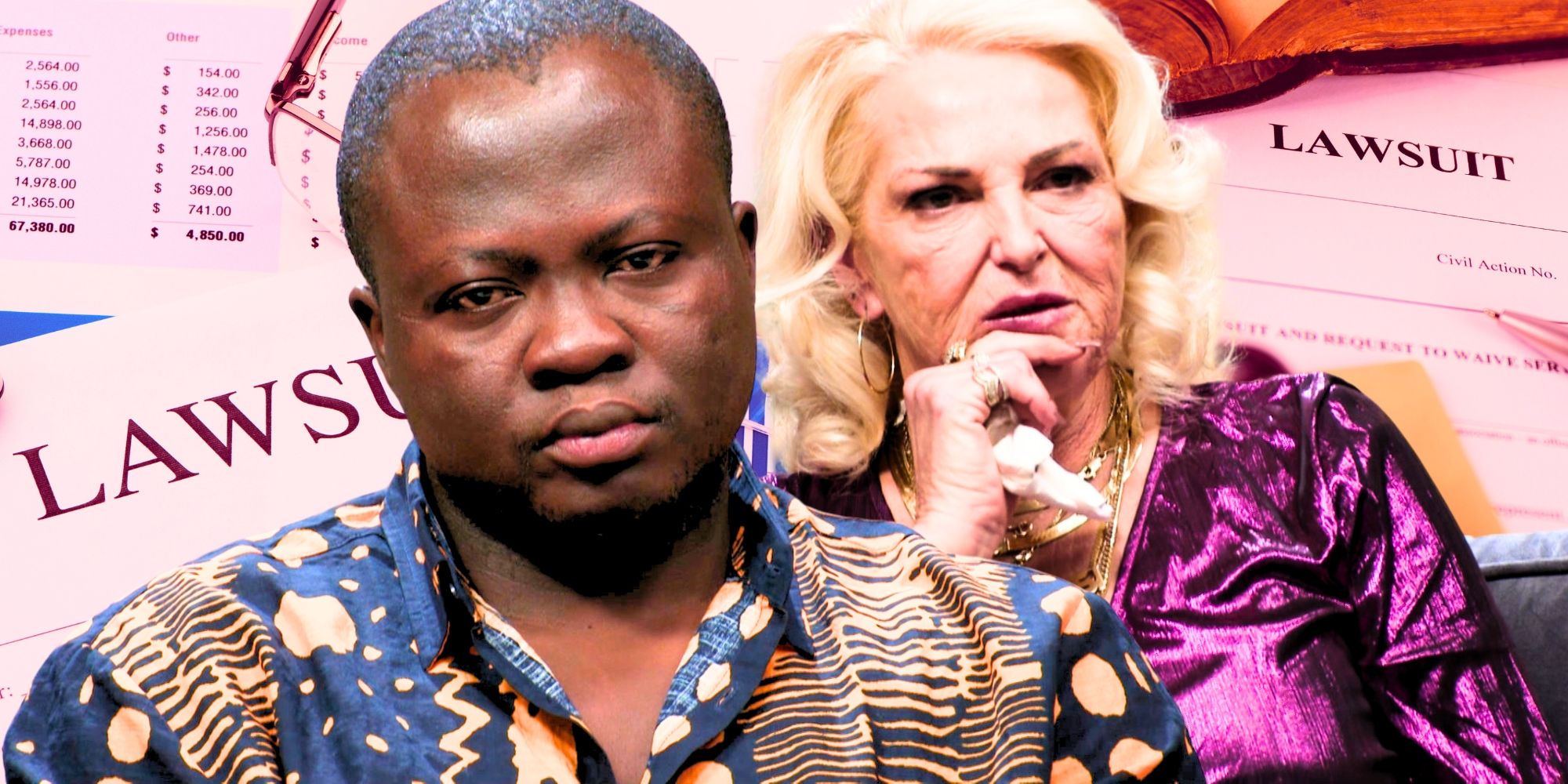
In a surprising legal development, Michael Ilesanmi, a notable figure from the reality TV show 90 Day Fiancé, has filed a lawsuit against the show’s network, TLC. The lawsuit centers on Michael’s turbulent relationship with his wife, Angela Deem, which was prominently featured in the franchise. This legal action raises significant questions about reality TV ethics, portrayal of personal relationships, and the responsibilities of reality TV networks.
Michael Ilesanmi and Angela Deem gained widespread attention through their appearances on 90 Day Fiancé, a reality show that follows international couples navigating the complexities of marriage and cultural integration. The couple’s journey has been fraught with drama, including frequent arguments, misunderstandings, and conflicts that have played out on screen. Their tumultuous relationship, filled with intense moments and emotional upheavals, has captivated audiences but also drawn criticism for its portrayal of personal issues.
The lawsuit, filed recently, accuses TLC of exploiting Michael and Angela’s relationship for entertainment purposes, leading to emotional distress and public scrutiny. Michael alleges that the network manipulated footage and edited scenes in a way that misrepresented his character and relationship dynamics. According to the lawsuit, this portrayal not only affected his personal life but also led to significant psychological and emotional harm.
Michael’s legal team argues that TLC’s actions were not just an invasion of privacy but also a breach of ethical standards in reality television production. They claim that the network focused excessively on sensational aspects of the couple’s relationship, rather than presenting a balanced view. The lawsuit further contends that this sensationalism contributed to a hostile public perception and exacerbated personal conflicts between Michael and Angela.
The allegations have sparked a broader conversation about the responsibilities of reality TV networks in depicting personal relationships. Critics of the genre argue that reality TV often prioritizes drama and conflict over genuine representation, leading to potential exploitation of participants. This case underscores the fine line between entertainment and ethics in reality television, highlighting the potential impact on individuals’ mental health and personal lives.
TLC, for its part, has responded to the lawsuit with a statement expressing its commitment to ethical production practices. The network maintains that it follows industry standards and strives to represent its participants accurately. However, the case has put the spotlight on the network’s practices and the broader implications for reality TV production.
The outcome of the lawsuit could have far-reaching implications for reality TV shows and their treatment of participants. If Michael Ilesanmi’s claims are upheld, it could lead to increased scrutiny of reality TV production methods and potentially prompt changes in how networks handle sensitive content. For now, the case continues to unfold, with both sides preparing for what promises to be a high-profile legal battle.
As the legal proceedings progress, the public will be watching closely to see how this case might reshape the reality TV landscape. For Michael and Angela, the lawsuit represents a quest for justice and a potential shift in how their story is told. For TLC, it’s a critical moment to reassess its approach to reality television and its impact on those who participate in its shows.





